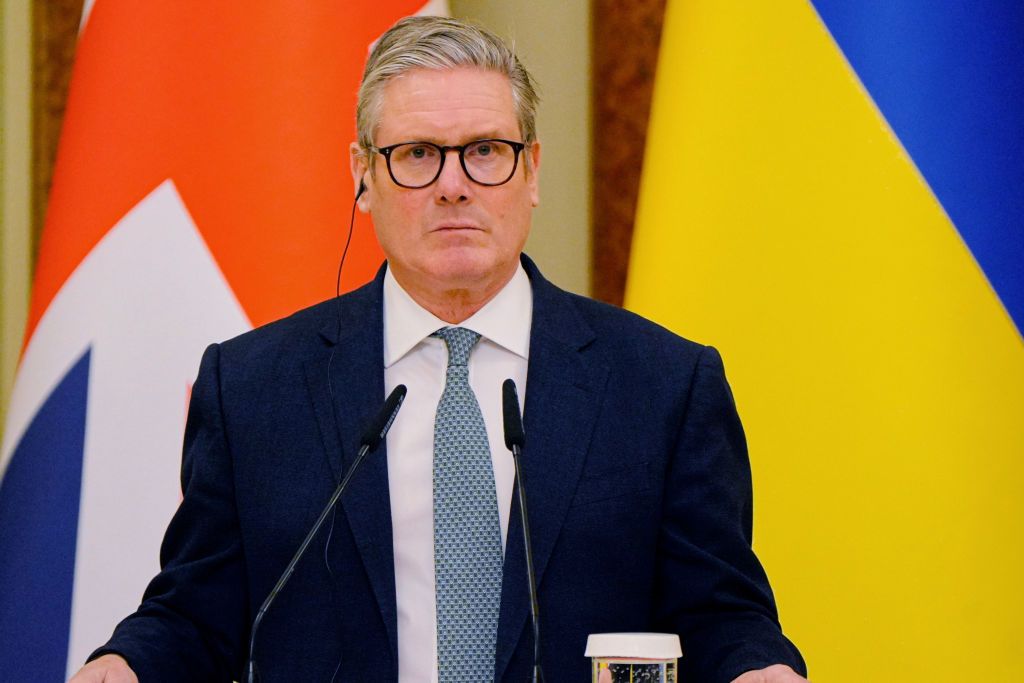NEW YORK (AP) — President Donald Trump is planning a “gold card” visa with a potential pathway to U.S. citizenship for $5 million.
The program would replace an existing program that offers U.S. visas to investors who spend about $1 million on a company that employs at least 10 people. And it echoes similar “golden visa ” programs in countries such as Canada, New Zealand, Malta and others that have allowed participants to pay a fee or make an investment in order to secure a pathway to residency in desirable places.
“Golden visa” programs all have different frameworks and paths to permanent residency and have had mixed results in spurring investment in a country's economy.
Who will qualify for a ‘gold card’?
Commerce Secretary Howard Lutnick has said Trump's gold card would replace an existing program in two weeks, so details about who would qualify and what the application process would look like should be available before then. For now, all Trump has said is they will cost $5 million.
Of recipients, he said, “They’ll be wealthy and they’ll be successful and they’ll be spending a lot of money and paying a lot of taxes and employing a lot of people, and we think it’s going to be extremely successful.”
He added that companies, not just individuals, “ will be able to buy gold cards. ”
What does the U.S. already offer?
Congress created a program called EB-5 Immigrant Investor Program in 1990 to create jobs and encourage foreign investment. Under that program, investors who spent about $1 million on a company that employs at least 10 people can qualify for a visa and a pathway to permanent residency.
About 8,000 people obtained investor visas in the 12-month period ending Sept. 30, 2022, according to the Homeland Security Department’s most recent Yearbook of Immigration Statistics.
What do other countries offer?
Henley & Partners, which advises both governments and people on residence or citizenship by investment programs, says more than 100 countries around the world offer or have offered “golden visas” to wealthy individuals and investors. That list includes the United States, United Kingdom, Spain, Greece, Malta, Australia, Canada and Italy, although some countries have tightened their restrictions or ended programs.
Under different programs in different countries, requirements include buying a house, making a financial investment or creating a certain number of jobs.
Basil Mohr-Elzeki, managing partner Henley & Partners North America, said the programs often help countries meet investment goals. But they don't always last.
.png)
 German (DE)
German (DE)  English (US)
English (US)  Spanish (ES)
Spanish (ES)  French (FR)
French (FR)  Hindi (IN)
Hindi (IN)  Italian (IT)
Italian (IT)  Russian (RU)
Russian (RU) 







Comments